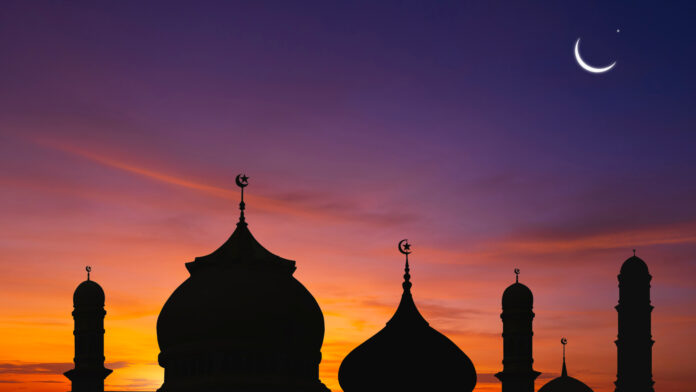On June 14, the Malacañang Palace announced that June 28 would be a national holiday to pave the way for one of the most important holidays of Islam, Eid al-Adha.
While the date of Eid al-Adha may vary depending on sightings of the moon, it is predicted to begin at sunset on June 28 and last for three days until July 1.
Muslims celebrate this important holiday all over the world, but not everyone knows the reason why it is observed, especially non-Muslims, so here’s the real story behind Eid al-Adha and how Muslims celebrate it.
The Origin of Eid al-Adha

In Arabic, “eid” means “feast, festival, or holiday,” while “adha” means “sacrifice.” Thus, Eid al-Adha is also called the Feast of Sacrifice.
The story behind this worldwide celebration and holiday, as told by the Quran, started when Ibraham (Abraham) received a command from Allah in a dream to sacrifice his son Ismail (Ismael).
Ibrahim was then tempted by Shaytaan (Satan) to disobey Allah’s command, but Ibrahim threw pebbles at him and drove him away.
When Ibrahim was about to sacrifice Ismail, Allah stopped him and provided a ram to sacrifice instead in Ismail’s place.
This story of Ibrahim’s devotion and obedience to Allah’s will is commemorated and celebrated about two months after Eid al-Fitr at the end of the annual Hajj pilgrimage to Mecca, or on the 10th day during the last month of the Islamic lunar calendar, Dhu al Hijjah.
Muslim Practices and Traditions for Eid al-Adha

The traditional way of celebrating Eid al-Adha is by sacrificing a lamb, goat, cow, camel, or other animal that is divided into three to be shared equally among relatives, friends, and the needy.
The modern ways of celebrating it are gathering for celebration, preparing unique sweets, and sharing meat among people while reciting takbir (an Arabic phrase that translates to “God is great”) loudly before and after Eid prayers.
Other modern rituals include performing Eid prayers in open fields while dressed in elegant clothing, sacrificing halal domestic animals to symbolize Ibrahim’s obedience to Allah, and chanting Eid prayers in the morning of the holiday, followed by the Dhuhr prayers at noon.
Eid al-Adha marks the end of Ramadan, the month of fasting, and is considered the holiest of the two Eids celebrated by Muslims, the other being Eid al-Fitr or the “Festival of Breaking the Fast.”






